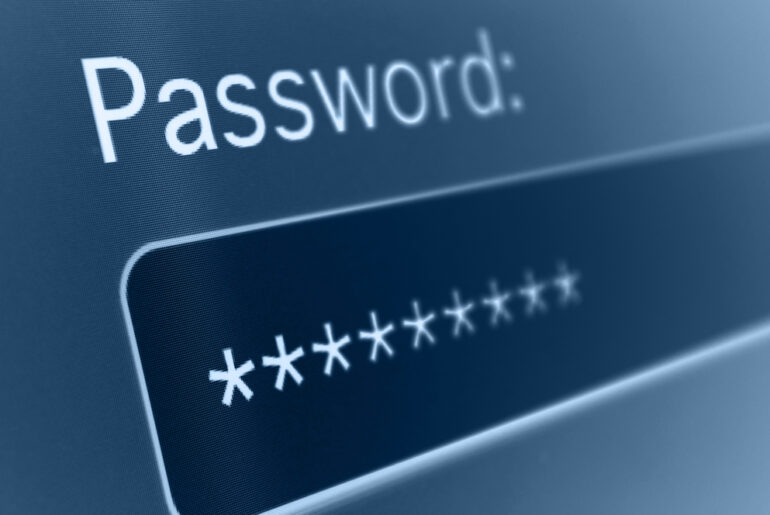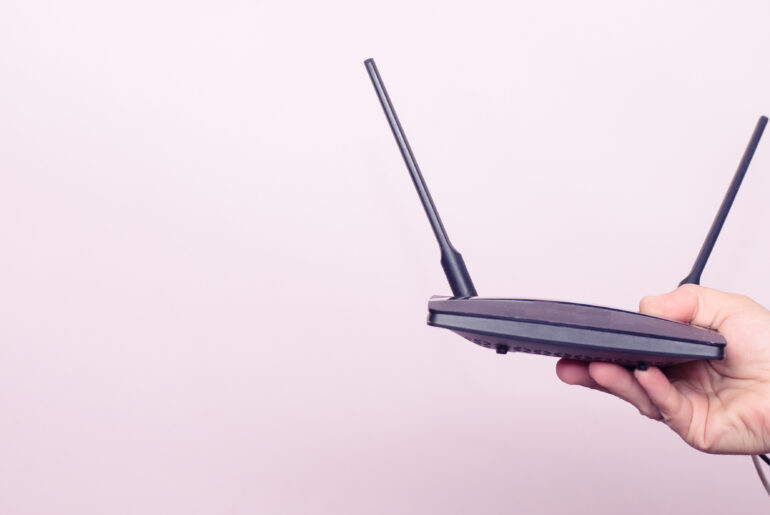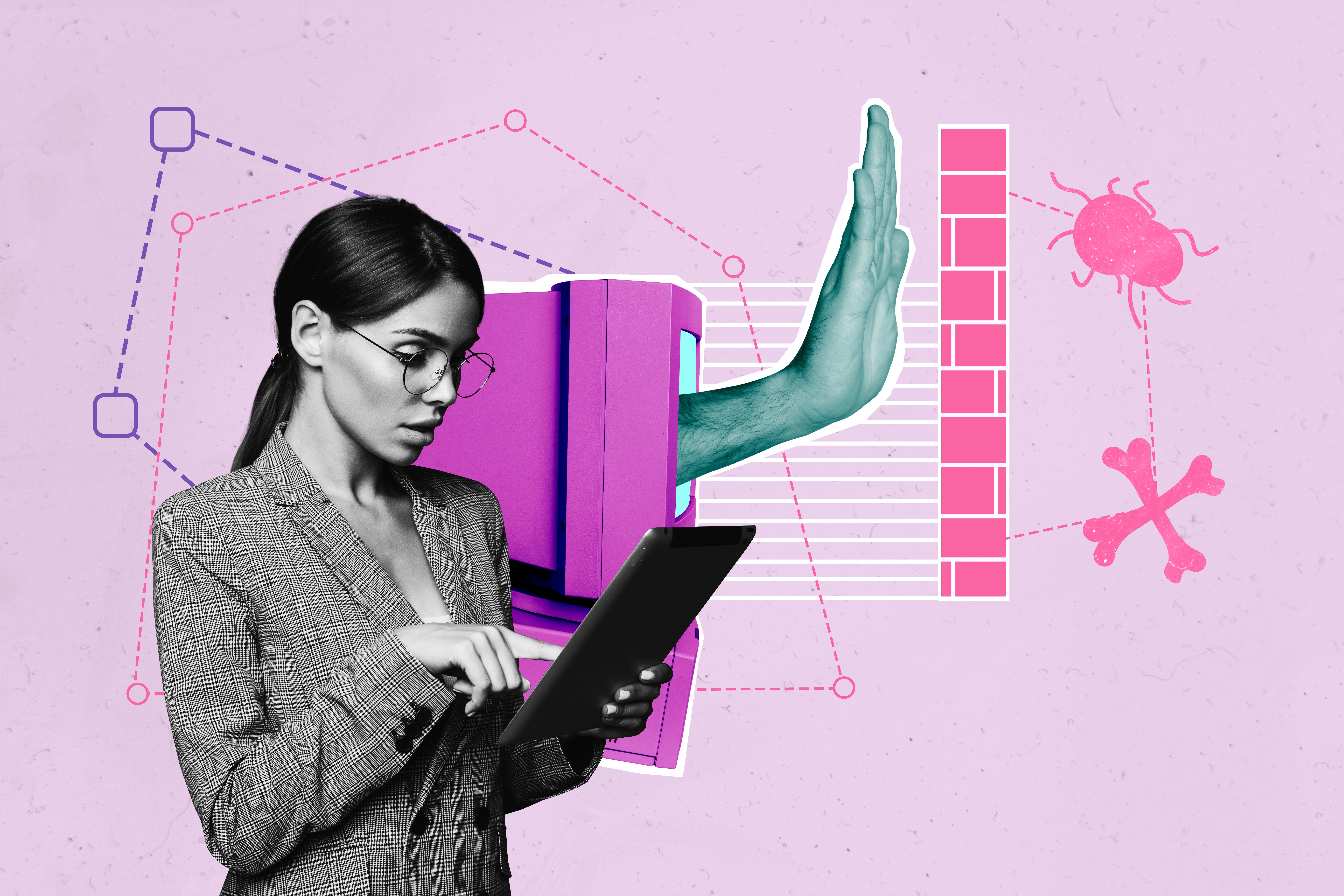Thanks to the convenience that it offers, online banking is now the most popular way to manage your expenses and financial information. With so many people using this service, it’s no wonder that cybercriminals hone in on those who use online banking and attempt to steal their personal data. This data can include their full name, their home address, and even their identity. That’s why we’ve put together a list of the best tips for safer online banking. Take a look below to learn more about keeping your financial information secure.
The Best Tips for Safer Online Banking
It can be a challenge to keep your banking information safe online. Cybercriminals lurk around every corner, and without this list of best practices, you may be at risk of exposing your data to prying eyes. Let’s take a look at this list of the best tips for safer online banking.
Create strong, unique passwords for all of your accounts
If your social media credentials are stolen, there’s a good chance that the criminal who obtained them will attempt to use that same login information for other websites. In most cases, they will try to access your online banking accounts.
However, if you have a different, unique password for all of your Internet profiles, you have a much better chance of avoiding a serious case of identity theft or fraud. This is also why it’s important to have a strong password that features upper and lower case letters, numbers, and symbols. Click here to learn how to create a strong password for all of your accounts.

Never provide banking information to unverified sources
One common attack method that cybercriminals utilize is called social engineering. This can take many different forms, but it is frequently used to trick victims into surrendering their data by making them believe that someone they are speaking with, be it over email, text, or the phone, is working for a legitimate organization, such as a bank.
If you are contacted by someone claiming to be your financial institution, be sure to verify their statement. In most cases, your bank will never text you or email you to ask for your account information, so this should always be a red flag. It’s important to never give your banking info to any sources that cannot be verified.
Avoid using auto-fill to populate banking credentials
If you shop online frequently, you may have encountered websites that ask you to save your card information to make it easier for you to check out in the future. While this may be convenient for users who don’t want to pull out their wallets every time they make a purchase on the Internet, it can also open the door to a flood of potentially fraudulent transactions.
Using various methods, cybercriminals can spy on a user’s activity and use any data they have stored on their device against them. The best way to protect yourself against this type of attack is to never use the auto-fill option for adding your payment information to an online transaction.
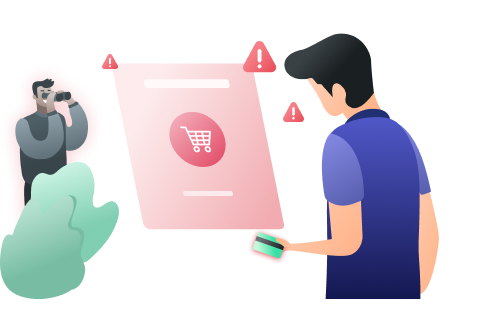
Use a VPN and antivirus software for more protection
One of the best ways to secure your online banking account is to use a combination of antivirus software and a reliable VPN. Using a VPN (Virtual Private Network) allows you to protect your activity, mask your IP address, and keep your data safe from prying eyes. It lets you encrypt your online experience, providing you with robust security on any device.
With antivirus software, you can consistently check your device for potential threats that may be putting you and your banking information at risk. Using an antivirus can make it easy for you to avoid viruses and malware, which can result in identity theft, fraud, and much more.
Keep all of your software up-to-date
No matter what device you use for online banking, it’s important to keep all of your software up-to-date. When a computer, phone, or tablet has a vulnerability, there is a risk of attack. To prevent this risk, developers often work quickly to deploy software updates that can help to mitigate and reduce the chance of these vulnerabilities.
Without having up-to-date software on your devices, you can easily encounter problems that open the door to serious risks. If you have any vulnerabilities on your device, it’s essential that you check for system updates in order to reduce these potential risks.
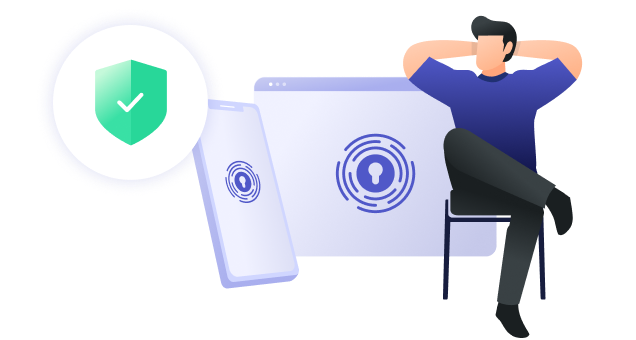
Monitor the activity on your account
Checking the activity on your online banking account is a great way to get out ahead of any attacks you might encounter. By monitoring your online banking account frequently, you can see if there are any suspicious changes that might alert you to the presence of a cybercriminal.
Even if you don’t notice any large, suspicious transactions, some of the activity may still be dangerous. For example, a criminal might charge one cent to your account as a “test,” which can then later become an even larger transaction amount. If you notice any suspicious activity on your account, it’s important to contact your bank immediately.
Get Reliable Online Protection with PrivadoVPN
Protecting yourself on the Internet can be a hassle, especially when it comes to online banking. That’s why PrivadoVPN brings users an easy and powerful way to secure themselves against potential threats including malware and much more. PrivadoVPN offers incredible features, like threat detection, ad blocker, and Kill Switch integration to keep you safe on the Internet no matter where you are. If you want a top-rated VPN that offers exceptional security, you need PrivadoVPN. Sign up today to get started!
Download PrivadoVPN
Protect your privacy with a world-class VPN. Sign up for premium access to PrivadoVPN and get unlimited monthly data, access to 300+ servers from around the world, and up to 10 simultaneous connections. Get a top-rated VPN that can secure your privacy at home, at work, or on the go.
Sign up for PrivadoVPN today!


